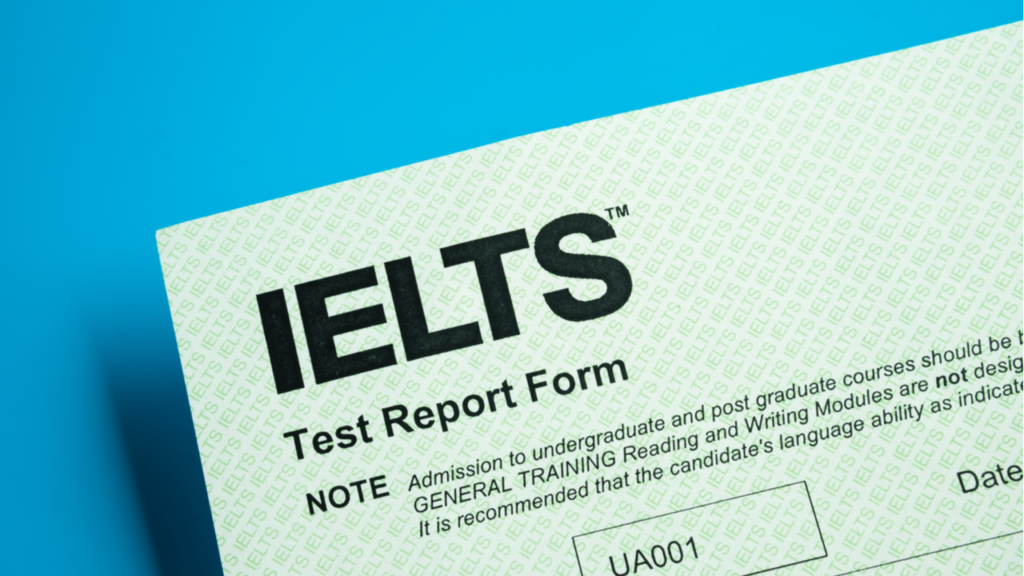IELTS is most commonly administered in the United Kingdom, Australia, the United States, Canada, New Zealand, and Singapore. Read the top 10 IELTS exam suggestions that will help in your IELTS exam preparation.
The majority of people aspire to live in another country. Whatever the reason, if you want to live in another nation, you must be fluent in the language of that country. In many international places, English is the most commonly spoken language. So, if you want to pursue a career in another country, you must pass the IELTS English test.
The International English Language Testing System, or IELTS, is an English test intended specifically for international students and workers who wish to study or work in a foreign country using English as their only language. IELTS is most commonly administered in the United Kingdom, Australia, the United States, Canada, New Zealand, and Singapore. The following are the top 10 IELTS exam suggestions that will help in your IELTS exam preparation.
- Understand the assessment criteria carefully
It’s one of the most effective ways for me to increase my IELTS score. Keep in mind that your examiner will assign you a score based on the specific assessment criteria. As a result, you should devote some effort to learning about these requirements and IELTS exam pattern. Understanding the prerequisites will give you a clear picture of the specific skills you’ll need to succeed in the IELTS exams. If you find it difficult you can also join an IELTS coaching centre.
- Read as much as you can
Do you realise that reading a huge number of books will greatly improve your vocabulary? It’s great if you always have an English dictionary on hand to look up the meanings of the more difficult terms. Here are some more suggestions to help you boost your IELTS score.
- Quickly get a sense of the text’s overall tone.
- Pay close attention to all of the directions.
- Reading English newspapers or IELTS preparation books on a daily basis is an excellent idea.
- Improve your vocabulary
When it comes to passing IELTS exams, you should always focus on improving your vocabulary. Even if you have a large vocabulary, you must continue to work hard to expand your vocabulary.
The more terms you are exposed to, the better your vocabulary will become. When you’re reading something, look up the definitions of any unfamiliar words. Furthermore, it would be preferable if you attempted to comprehend the context of these terms.
- Practice pronunciation and fluency
The speaking skill test in IELTS is divided into three sections. They take the shape of unstructured and structured interviews, as well as a short discussion. You will be required to discuss two or three concerns relating to the themes you are familiar with. You will be given one minute to prepare for the debate.
As you can see, maintaining fluency is critical in order to stay ahead of the competition. Listen to English commentary and discussion shows to improve your fluency and pronunciation.
- Practice listening skills
You must be an excellent listener in order to communicate effectively throughout the IELTS exam. Listen to English news stations and write a script based on what you hear. It would be beneficial if you did this every day to enhance your listening abilities. Here are some pointers to help you improve your listening skills.
- Concentrate on the task’s content and goals.
- Check your answers and make sure you’re listening to the proper stuff.
- Avoid pausing the gadget while practising.
- Prepare a study plan
To achieve your desired score on the IELTS exams, you must have a well-illustrated study strategy. Regardless of the exam, we all understand the necessity of having a study strategy and sticking to it. You can also enrol for an IELTS course.
- Practice well
You must practise a lot in order to succeed and achieve good IELTS scores. The more you practise, the more likely you are to achieve good results on your IELTS test. A minimum of four hours of practise every day can make a significant difference.
- Learn keywords
Each IELTS question will provide a list of precise keywords to assist you in finding the material in the passage. It would be ideal if you could learn to recognise and use terms correctly. You should also know whether or not these terms can be paraphrased. While reviewing the answers in the practise reading sessions, you will learn how to apply keywords effectively with practise.
- Know your weaknesses
You won’t know how to improve until you’re conscious of your flaws. You should investigate why you are obtaining your responses correct or incorrect. It’s critical that you work on your flaws if you want to win.
- Always be realistic
Don’t expect to achieve well if you don’t have a solid vocabulary. It is critical that you work on the problem areas in order to improve your grades. IELTS examinations are difficult, and you must be willing to put in the effort. To achieve the best results, make sure you set reasonable goals and expectations.
The reading, listening, speaking, and writing skills are separated into four sections in the IELTS exam syllabus. In each of these four areas, candidates will be graded separately. The entire score will be displayed in the IELTS result after that. As a result, it is critical to plan ahead and succeed.






More Stories
Unlock Your Academic Potential with UK Dissertation Writing Services
They Create the Best Fake Diplomas, Colleges, and Universities
Scholarship Opportunities for Transfer Students